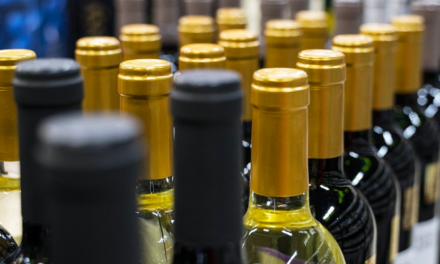Adelaide, January 13, 2025 – In a landmark decision, South Australia (SA) has become the first Australian state to prohibit junk food advertisements on public transport. The new policy, effective July 1, 2025, is a bold step aimed at tackling rising obesity rates and fostering healthier dietary habits among its residents.
The ban will target ads for unhealthy products such as chocolates, lollies, desserts, ice creams, soft drinks, and chips on public buses, trains, and trams, according to a report by Xinhua News Agency.
Public health experts have welcomed the move, emphasizing the impact of marketing on children’s eating habits. “Junk food marketing has a really powerful, persuasive influence on what our children eat,” said Jane Martin, Executive Manager of the Food for Health Alliance, in an interview with the Australian Broadcasting Corporation (ABC).
Martin highlighted the ubiquity of unhealthy food advertisements in children’s daily lives, particularly during their commute. “This advertising builds up. It’s not just on TV or digital platforms; it’s also where children are, like when they commute to school. It would be wonderful to see healthy foods like broccoli and carrots promoted instead of fast-food deals,” she remarked.
Obesity Rates Fuel the Urgency
Government data underscores the urgent need for such interventions. Over 63 percent of adults and 35 percent of children in South Australia are classified as overweight or obese. Without action, these figures are expected to increase by an estimated 1,900 children and 48,000 adults within the next five years.
A study conducted by Cancer Council SA revealed that nearly 80 percent of food and drink advertisements on SA buses promote unhealthy products. This finding further supports the government’s decision to limit exposure to junk food marketing.
Stakeholders Back the Ban
The policy follows extensive public consultations involving health organizations, the food and beverage industry, and the advertising sector. By reducing the visibility of unhealthy products, the initiative aims to curb junk food consumption and promote healthier choices among the community.
“This is an important step toward protecting the health of children and families in South Australia,” said a government spokesperson.
A National Trendsetter
South Australia’s move has set a precedent for other states, signaling a nationwide shift toward prioritizing public health over corporate interests. Advocates hope that other jurisdictions will follow suit, further limiting the pervasive influence of unhealthy food advertising across the country.
By taking the lead, South Australia has reinforced its commitment to addressing the growing public health crisis posed by obesity and poor diet choices. As the July 2025 deadline approaches, all eyes will be on the state to see how this pioneering policy impacts its residents’ health and well-being.












